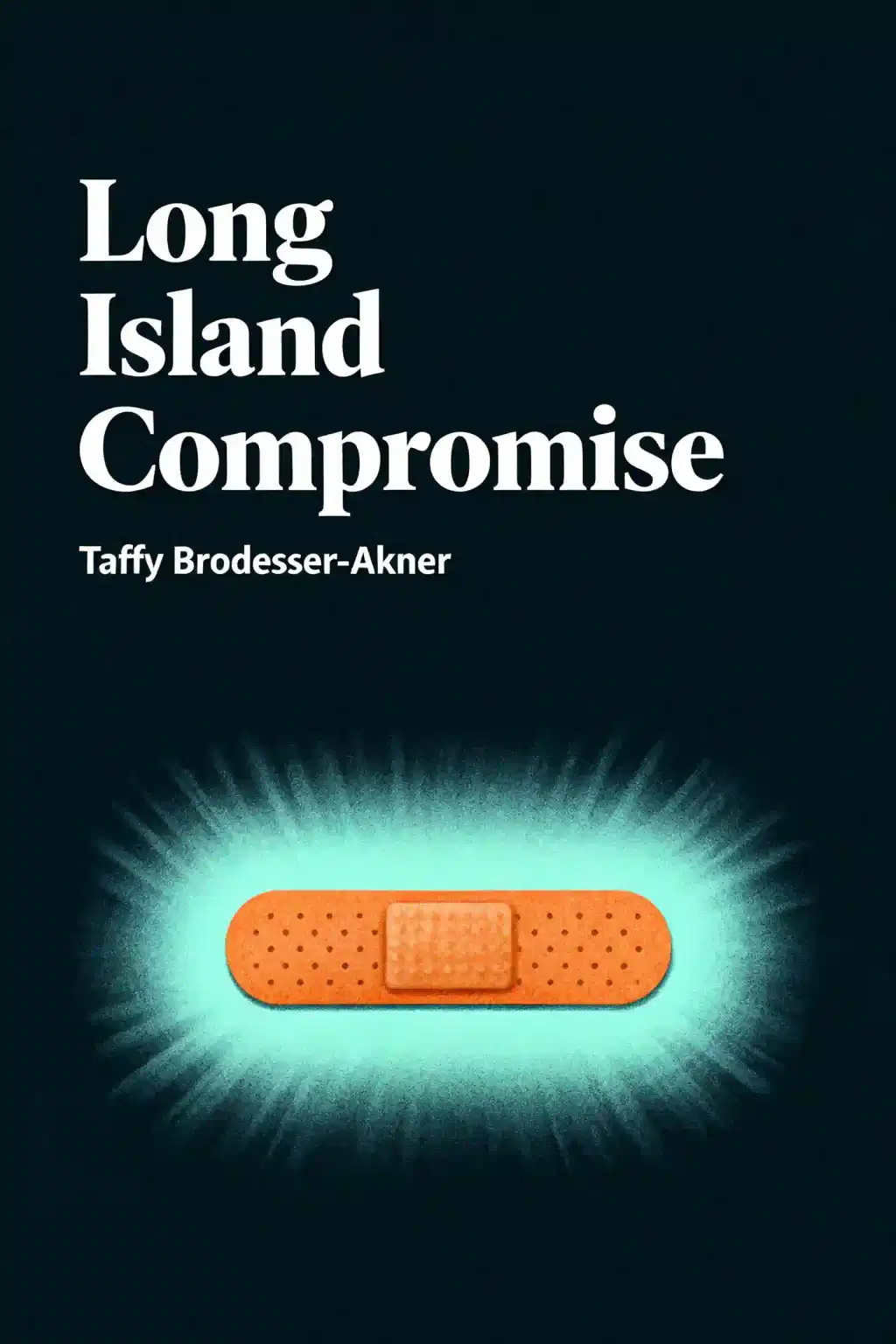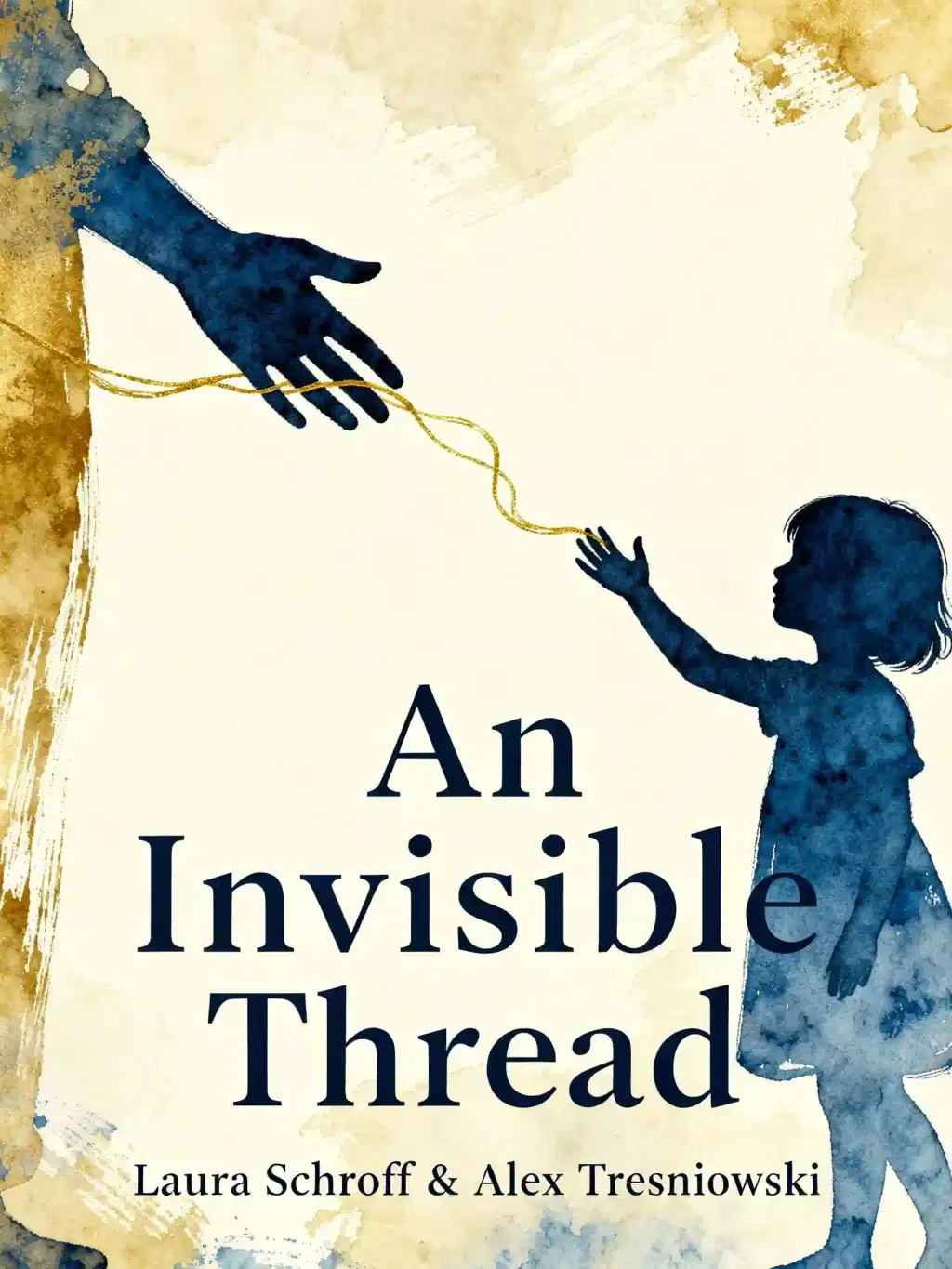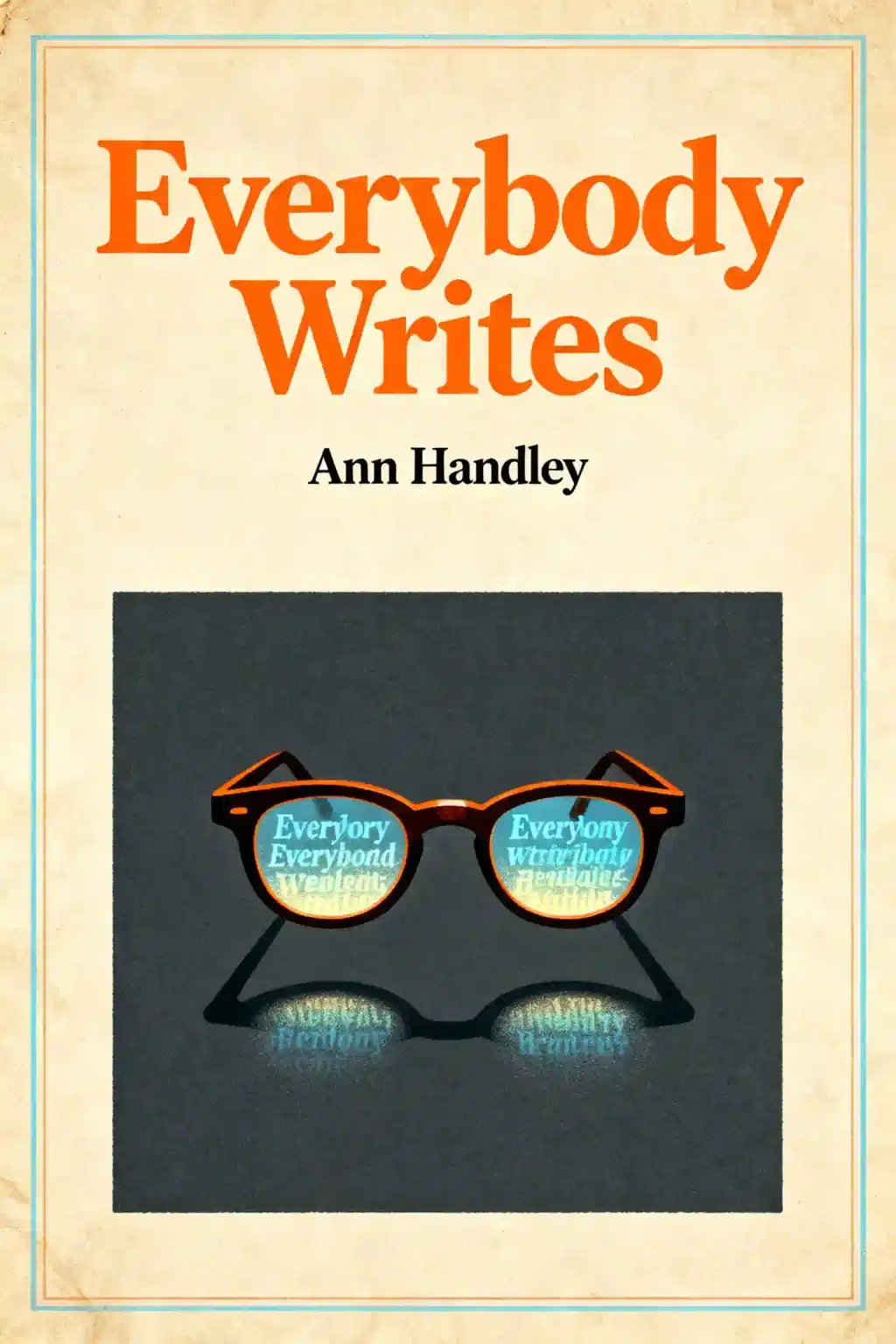What is Long Island Compromise by Taffy Brodesser-Akner about?
Long Island Compromise by Taffy Brodesser-Akner is a family saga centered on the wealthy Fletcher family of Long Island whose lives are forever altered after patriarch Carl Fletcher is kidnapped and ransomed in 1980. The novel explores how this traumatic event ripples through three generations, examining themes of inherited wealth, intergenerational trauma, Jewish-American identity, and the unspoken wounds that shape family dynamics.
Who is Taffy Brodesser-Akner?
Taffy Brodesser-Akner is a staff writer for The New York Times Magazine and bestselling author known for her celebrity profiles and distinctive writing style. She graduated from NYU Tisch's Goldberg Department of Dramatic Writing in 1997 and gained recognition profiling figures like Gwyneth Paltrow and Bradley Cooper. Her debut novel Fleishman Is in Trouble became an instant bestseller and Emmy-nominated FX series, establishing her as a major literary voice.
Who should read Long Island Compromise?
Long Island Compromise appeals to readers who enjoy sprawling family sagas with dysfunctional characters, dark humor, and explorations of inherited trauma. It's ideal for fans of literary fiction that balances satirical wit with serious themes like wealth, privilege, and Jewish-American identity. Readers who appreciated Fleishman Is in Trouble or enjoy densely written, character-driven narratives examining generational dysfunction will find this compelling, though it's notably darker than Brodesser-Akner's debut.
Is Long Island Compromise worth reading?
Long Island Compromise is worth reading for those who appreciate Taffy Brodesser-Akner's maximalist writing style and incisive character studies, though reactions are polarized. The novel features brilliant prose, quotable passages, and deeply rendered characters exploring privilege and trauma. However, some readers find the wealthy, self-entitled characters grating and the graphic content excessive. If you value literary craftsmanship and can engage with flawed, neurotic characters, the book delivers a thought-provoking experience.
What happened to Carl Fletcher in Long Island Compromise?
Carl Fletcher was kidnapped in 1980 from his factory in Long Island when his children ranged from eight years old to in utero. After a heavy ransom was paid, he was returned relatively unharmed physically but deeply traumatized. Carl stoically returned to work at the same factory where he was held captive, refusing to discuss the kidnapping with his family. This silence and suppression became the defining wound that shaped the Fletcher family's dysfunction across generations.
What are the main themes in Long Island Compromise?
Long Island Compromise explores intergenerational trauma stemming from both the kidnapping and Holocaust memory that haunts the Jewish-American Fletcher family. The novel examines inherited wealth as both blessing and curse, showing how money without purpose creates directionless lives. Additional themes include:
- Assimilation versus identity
- The performance of success
- How unprocessed trauma manifests through self-sabotage, addiction, and dysfunction
Brodesser-Akner uses satirical wit to dissect privilege and the psychological cost of living in trauma's shadow.
Who are the main characters in Long Island Compromise by Taffy Brodesser-Akner?
The Fletcher family includes patriarch Carl, the kidnapping victim who becomes emotionally unavailable, and matriarch Ruth, who manages the family's image. Their three children bear the trauma differently: Beamer, Nathan, and Jenny each receive dedicated sections exploring their perspectives from childhood through adulthood. The novel's gossipy, omniscient narrator serves as an additional character, offering commentary on the Fletchers with both fascination and judgment. Each character embodies different responses to wealth and unprocessed trauma.
What is the writing style of Long Island Compromise?
Long Island Compromise features Taffy Brodesser-Akner's signature maximalist, densely written prose with a gossipy, winking tone that feels like storytelling from another Middle Rock resident. The style is satirical and darkly humorous, balancing laugh-out-loud moments with haunting explorations of trauma. Brodesser-Akner uses detailed character interiority and quotable passages that readers frequently highlight. The omniscient narrator speaks directly to readers, creating an intimate yet judgmental perspective on the Fletcher family's dysfunction.
How does Long Island Compromise compare to Fleishman Is in Trouble?
Long Island Compromise shares Fleishman Is in Trouble's sharp character studies, brilliant prose, and examination of family dysfunction, but is considerably darker and more sprawling. While Fleishman focused on a marriage's collapse with klaxons-blaring comic brilliance, Long Island Compromise tackles generational trauma across decades with more satirical than outright comedic moments. Both novels feature Brodesser-Akner's maximalist style and deeply flawed, self-sabotaging characters. However, the second novel is more densely plotted with multiple perspectives and heavier thematic material.
What are the criticisms of Long Island Compromise?
Critics note the whiny, self-entitled wealthy characters can be grating and difficult to sympathize with, especially when complaining about trust funds and privilege. Some readers found the graphic S&M content and self-abasement excessive and unnecessary to the story. The novel's dense structure with numerous side characters who lack defining traits makes it hard to follow. The repetitive timeline structure—moving through similar beats from each sibling's perspective—creates momentum issues and feels like information dumps rather than deepening understanding.
What does Long Island Compromise say about inherited wealth?
Long Island Compromise presents inherited wealth as a double-edged sword that creates comfort while eroding purpose and identity. The Fletcher children's abundant trust funds remove the necessity to strive, leaving them directionless and self-destructive despite material abundance. Brodesser-Akner explores how wealth compounds trauma rather than healing it—the family's money couldn't prevent the kidnapping and becomes entangled with their inability to process it. The novel satirizes how privilege creates its own form of suffering while acknowledging this pales against real hardship.
Why is Long Island Compromise relevant to Jewish-American readers?
Long Island Compromise deeply explores Jewish-American identity through the Fletcher family's navigation of assimilation versus heritage preservation. The novel examines how Holocaust trauma echoes through generations, creating the framework of "Your Grandfather survived the Holocaust for this?" that haunts the children's purposeless lives. Brodesser-Akner portrays the family's defensive pride in their heritage alongside their pursuit of assimilation markers like plastic surgery and suburban sprawl. The book captures the specific pressures and expectations within wealthy Jewish-American communities on Long Island.














